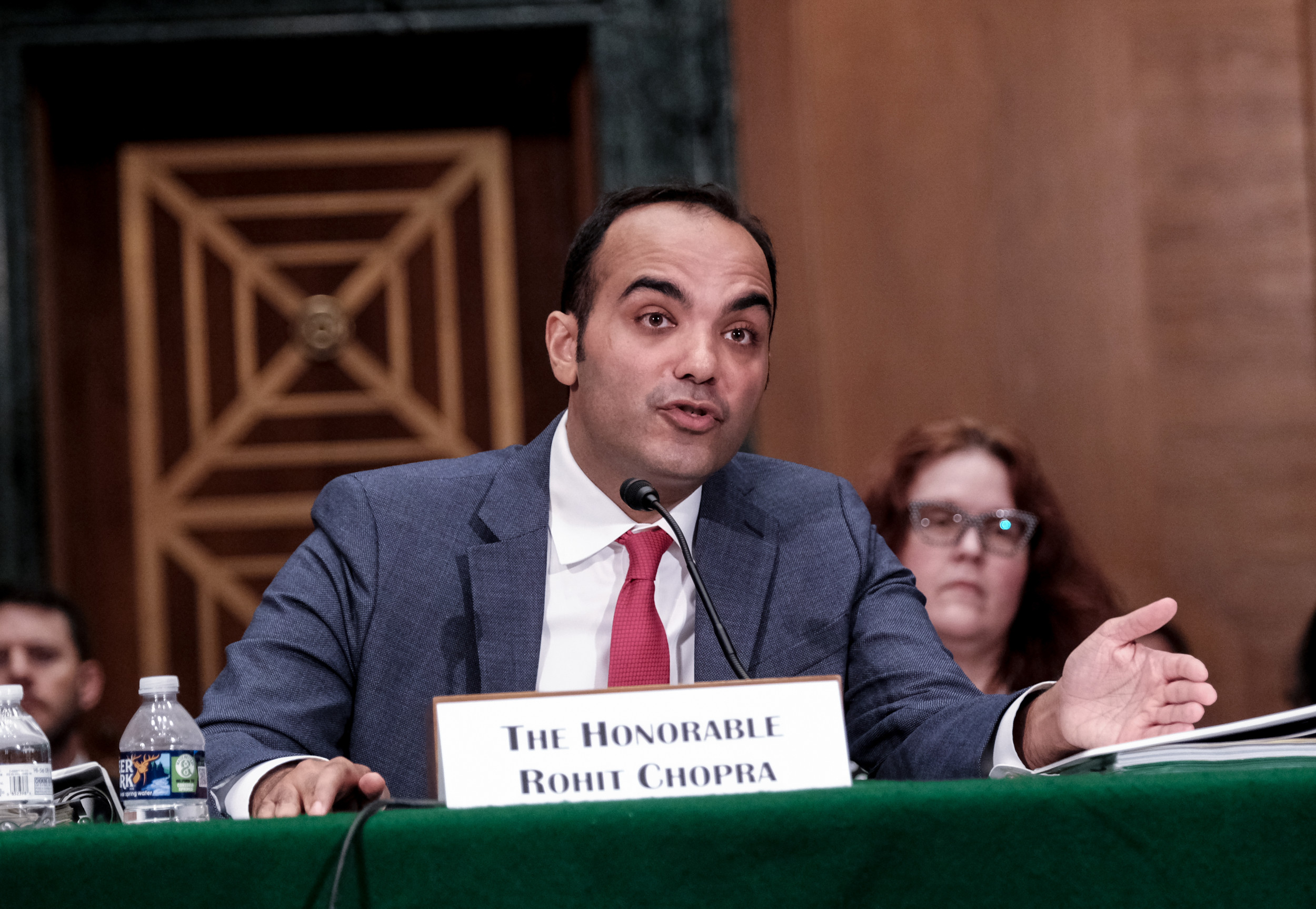Meghan Markle's privacy would be invaded if a U.K. tabloid wins its appeal over a letter she sent her father, according to a court filing.
The Duchess of Sussex sued the Mail on Sunday after it published a letter she sent her father following the 2018 royal wedding.
Meghan begged Thomas Markle to stop talking to the media about her. For months he kept the five-page, handwritten note private.
However, in February 2019 a group of her friends spoke anonymously to People defending the duchess against the U.K. media. They mentioned the letter during critical comments about her father.
He then handed the letter to the Mail on Sunday, where it was published alongside an interview describing the missive as a dagger through his heart.
The tabloid ran extensive extracts prompting Meghan to sue for privacy and starting a bruising process through which the newspaper forced her to release documents including private text messages at the time of Thomas Markle's heart attack.
The duchess won the case in February but the newspaper has appealed that ruling. If successful, it would force a trial in which she would have to testify and hand over more documents.
A filing by Meghan's lawyers, seen by Newsweek, reads: "[The Mail on Sunday's] conduct of the litigation is not just needlessly expensive and attritional but intrusive—in particular in its attempts to force her to open up further aspects of her private and personal life and that of her friends."
It added: "To permit the defense to go to trial would only have facilitated further invasions of [Meghan's] privacy, all flowing from its publication of a private and deeply personal letter, whilst giving [The Mail on Sunday] the opportunity to profit handsomely from the media circus that would inevitably result."

The newspaper argued in court that Meghan's friends misrepresented the letter's contents in their People interviews, giving the newspaper the right to publish it to set the record straight.
They also suggested Meghan had sent the letter knowing Markle Sr. would likely leak it to the media as part of a PR strategy at a time when the palace policy of "never explain, never complain" would not let her publicly express her views.
Meghan's lawyers court filing reads: "This was in truth a very straightforward case of mass media dissemination, for commercial gain, of a private and deeply personal letter from a daughter to her estranged father—a letter which self-evidently was intended to be kept private.
"Much though [The Mail on Sunday] has sought to muddy the waters, and to generate a proliferation of factual issues which it relies upon as justifying a trial, the essential facts are clear and indisputable."
Judge Mark Warby, who oversaw the original case, ruled the newspaper's extensive extracts went far beyond what the public interest would justify.
In his February judgment, he wrote: "It was, in short, a personal and private letter.
"The majority of what was published was about the claimant's own behavior, her feelings of anguish about her father's behavior—as she saw it—and the resulting rift between them.
"These are inherently private and personal matters.
"The claimant had a reasonable expectation that the contents of the letter would remain private. The articles interfered with that reasonable expectation."
After her victory in February, Meghan said in a statement: "For these outlets, it's a game. For me and so many others, it's real life, real relationships, and very real sadness.
"The damage they have done and continue to do runs deep."
Uncommon Knowledge
Newsweek is committed to challenging conventional wisdom and finding connections in the search for common ground.
Newsweek is committed to challenging conventional wisdom and finding connections in the search for common ground.
About the writer
Jack Royston is Newsweek's Chief Royal Correspondent based in London, U.K. He reports on the British royal family—including King Charles ... Read more





